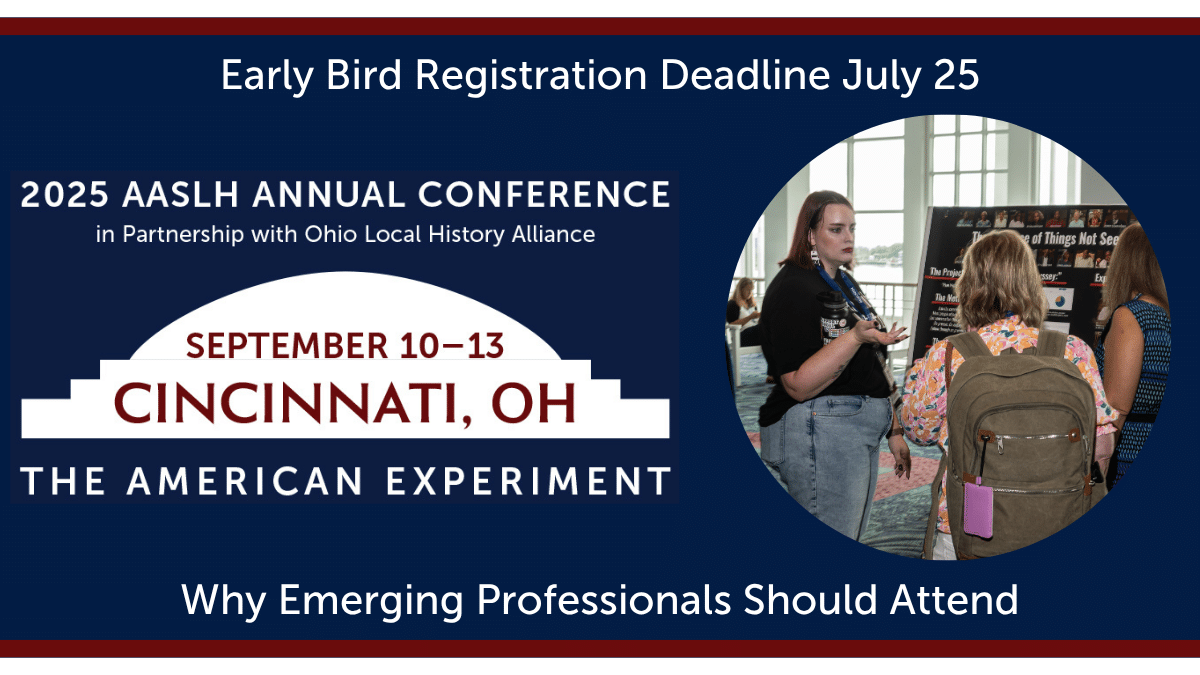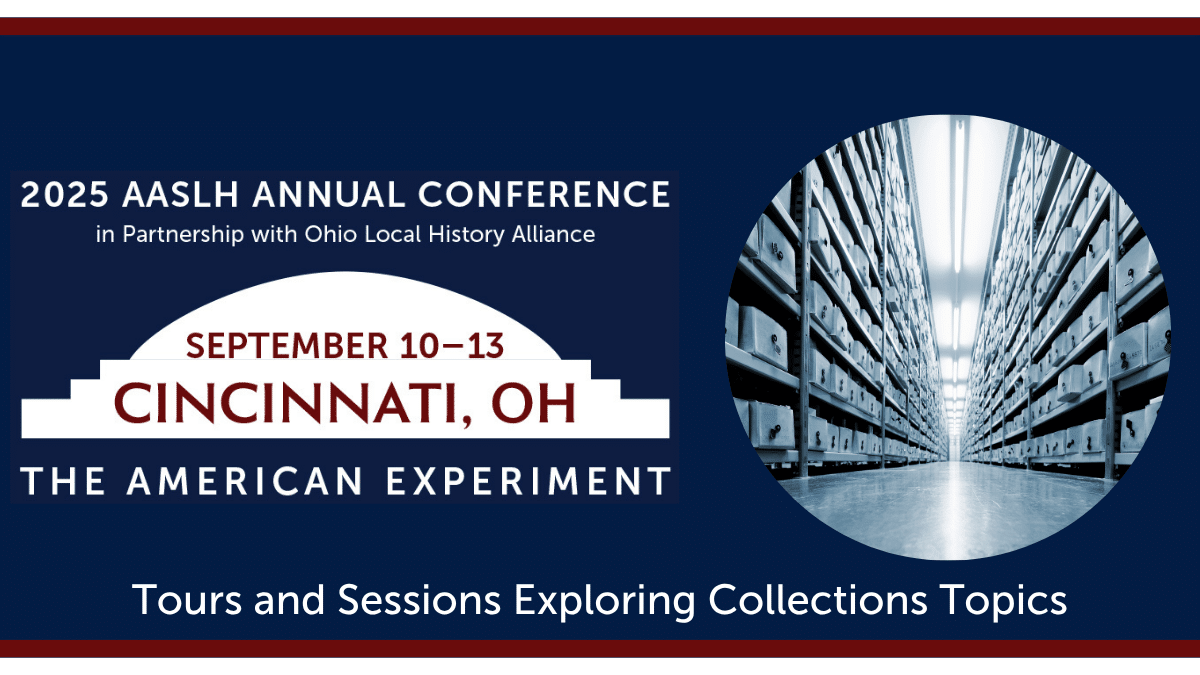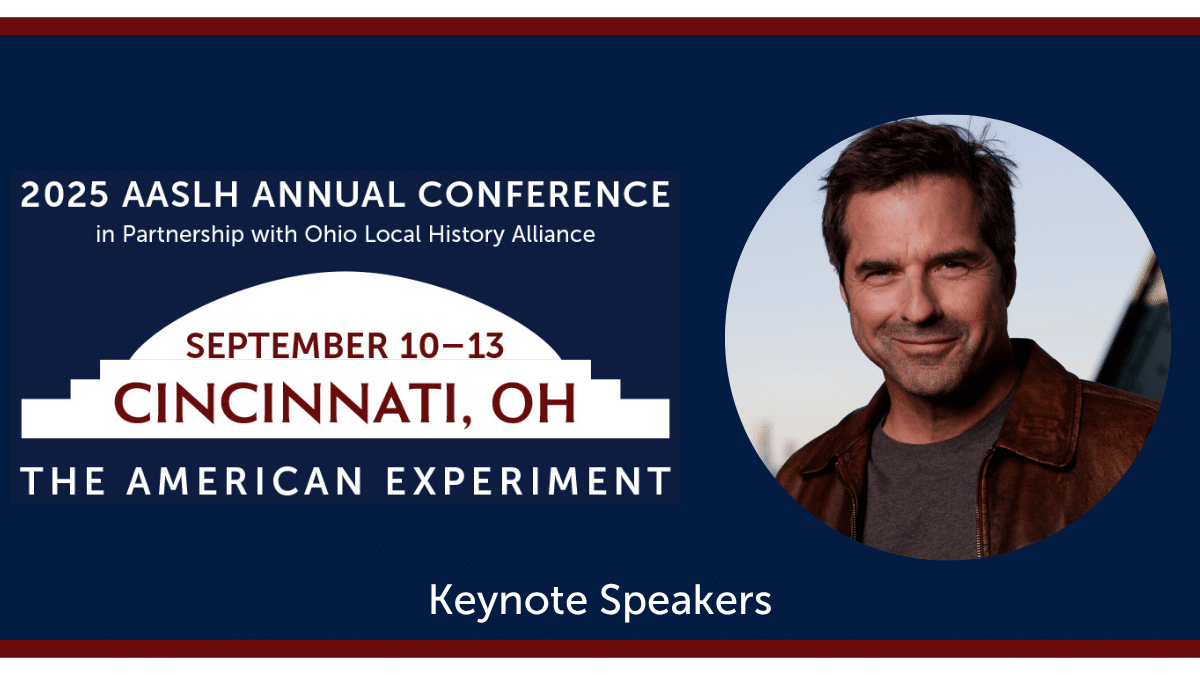
By Sheila A. Brennan, Advisory Committee Member, The Inclusive Historian’s Handbook
As a member of The Inclusive Historian’s Handbook advisory committee, I eagerly await the release of this valuable resource. Beginning with the committee’s first meetings in 2016, we wrestled not only with defining the Handbook but also raised issues related to selecting an appropriate format for it. Initially envisioned as a printed encyclopedia that contained short essays defining terminology and methods related to public history work, the final product differs in significant ways through the efforts of our collaborative team.
We mulled over the ethics, opportunities, and challenges of creating and launching a resource for both experts and non-experts with issues of inclusivity and openness at its core that only existed in the world as an expensive, fixed volume. As a group, we decided we wanted The Inclusive Historian’s Handbook to be as accessible as possible and available online where most users begin their research. Pivoting in this direction prompted discussions with AASLH and NCPH’s leadership to make the free online Handbook a reality.
From their work with historians, editors, and technologists developing best practices for online state and regional encyclopedias, AASLH was aware of the changing nature of ready reference material. Both AASLH and NCPH have active blogs and have issued various digital publications in recent years. Moreover, other models existed for publishing edited collections primary geared to scholarly audiences through the University of Michigan Press’s Digital Cultural Books and the University of Minnesota Press’s Debates in Digital Humanities series. Publishing online on a common platform, such as WordPress, shifted responsibility of design to us but also gave the editors and others familiar with blogging platforms the ability to add and update content. That meant the Handbook could debut in August with twenty essays, rather than the planned one hundred, and we could release additional articles in planned phases, something not possible with a printed “companion.” By sponsoring the Handbook, AASLH, together with NCPH as co-sponsor, placed this publication among its rich library of resources freely available for practitioners across the historical enterprise.

With a publication plan in place, we turned our attention to writing and peer reviewing the Handbook’s content. As fellow advisory committee member Denise Meringolo recently wrote about the project, the goal was “not necessarily to provide a definitive understanding of each term, but rather to raise questions and facilitate dialogue to help foster more mindful historical practices.” This is where engaging in an open and collaborative peer review process helped me as I wrote the Handbook’s “Digital History” entry in working through some of the challenges I faced in trying to discuss and contextualize digital history for non-specialists. Where would I pinpoint its origin story? How best could I acknowledge the breadth of digital history work without overwhelming the reader? Was I seeing my own biases in the projects I highlighted? How could I re-center the narrative of digital history to showcase work outside of the academy and large institutions? It was important for me to demonstrate how digital methods help historians to access and share marginalized and silenced voices and how to incorporate them into our work in ways not possible in print or the space of an exhibition gallery. In different essay sections, I highlighted projects in digital collections, teaching and learning, exhibits and publications, collaborative public history, and computational analysis that further demonstrated how historians have been engaging in these approaches for decades.
My essay will connect readers directly to the digital projects mentioned, and the essay itself will be linked to others in the Handbook with subject tags. Tags and links will allow readers to follow pathways throughout this resource and develop their own reading lists relevant for their peers, volunteers, or students. Our goal is that these peer reviewed essays will become an integral part of your organization’s ready reference materials and will remain relevant as the Handbook continues to grow as a free and open access digital publication.
Learn more about the The Inclusive Historian’s Handbook, and join the authors and Advisory Committee at #AASLH2019.



